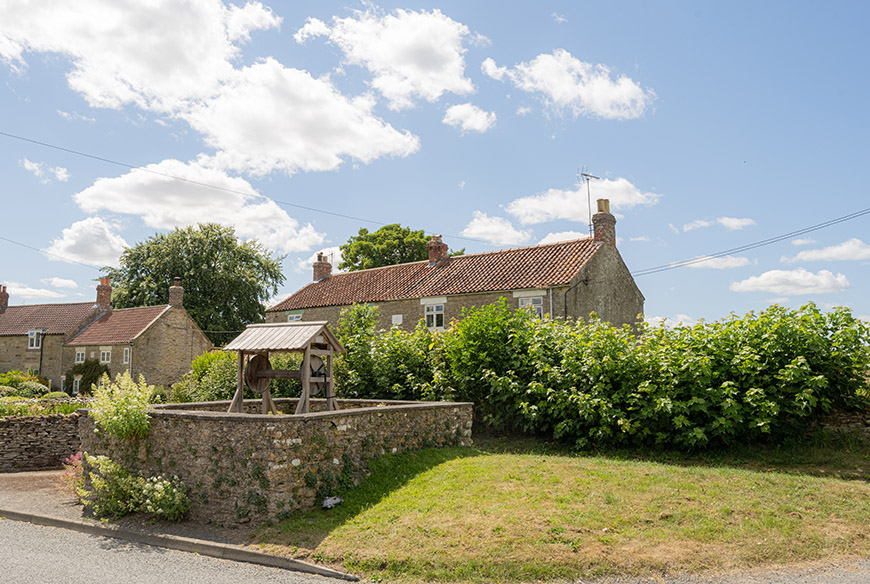Quietly tucked away on the edge of the Tabular Hills and Cropton Forest, Cropton village has one wide main street lined with stone houses and cottages leading to the church. There’s also the New Inn pub, which has revived the village’s heritage for beer making with its own microbrewery.
Cropton, which is thought to be derived from the Anglo Saxon phrase ‘hill top settlement’, is mentioned in the Domesday book. On the outskirts of the village, you can still see the earthwork remains of an 11th Century motte-and bailey castle, now called Round Hill, which commands a good vantage point overlooking Rosedale. It was built from wood by Robert de Stuteville to protect trade routes.

Step back in time with a visit to nearby Cawthorn Roman Camps where archaeologists believe there were two fortifications and a camp. Today these remarkable earthworks are a reminder of the ingenuity of the Romans.
The countryside surrounding the village is a delight with acres of woodland on-tap and an escarpment tracking the River Seven southwards offering great views.
Thanks to the ongoing efforts of conservation bodies working hand-in-hand with landowners, nature very much takes centre stage here and is neatly illustrated with the work being done to protect the habitats of the endangered Turtle Dove.
Similarly, Forestry England has reintroduced beavers on an enclosed stretch of Cropton Forest to utilise their habit for building dams to help prevent flooding by slowing the flow of water.
